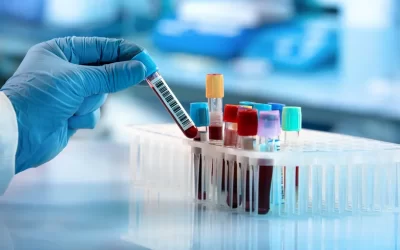BLOG
Updates to CLIA Proficiency Testing Regulations for Analytes and Acceptable Performance
Background CLIA requires laboratories performing moderate or high complexity testing to participate in a proficiency testing program. This program was established as the best way to evaluate a laboratory’s performance by sending unknown specimen samples to the...
New York State Responds to Laboratory Workforce Crisis With Revised Licensing Regulations
Earlier this year, an article published in CAP Today, authored by Anne Paxton* described how the recent COVID pandemic had not only pushed healthcare workers to their limit and beyond, but exacerbated an already existing chronic labor shortage of laboratory personnel,...
These Times Demand Resilient Laboratory Management
Experienced and skilled laboratory leaders recognize that we are living through very different times than we did just a few years ago. Yes, the basic principles of quality laboratory management remain the same, but now the context has changed, and if laboratory...
Laboratories Meet the Challenges of the Opioid Epidemic
During the first year of the COVID pandemic, ending April 2021, the Centers for Disease Control and Prevention reported a record 100,306 drug overdose deaths, an increase of 28.5% from the 78,056 deaths reported during the same period the year before. Of this number,...
Managing your Inventory
Competent inventory management is critical for all laboratories, regardless of size, to ensure that supplies for all phases of testing are available, accessible and in-date. This is not only critical for providing quality patient care, but necessary to achieve fiscal...
Utilizing Mobile Technology to Improve Critical Value Reporting
One of the key areas of laboratory to physician communication is that of reporting critical values. Since regulators and accreditation organizations define critical values as abnormal test results that are life threatening and require a rapid response from caregivers,...






